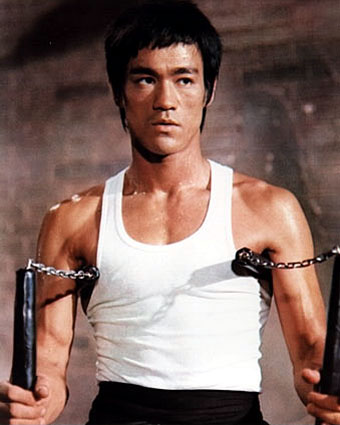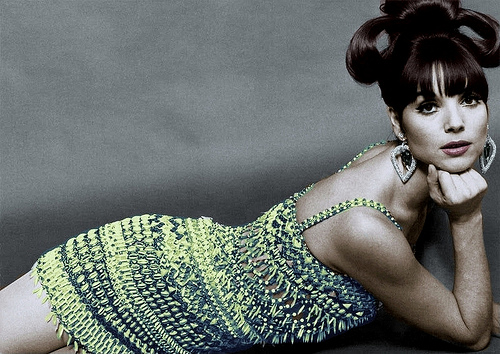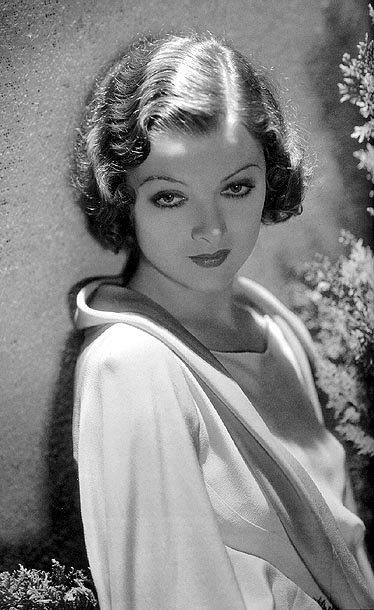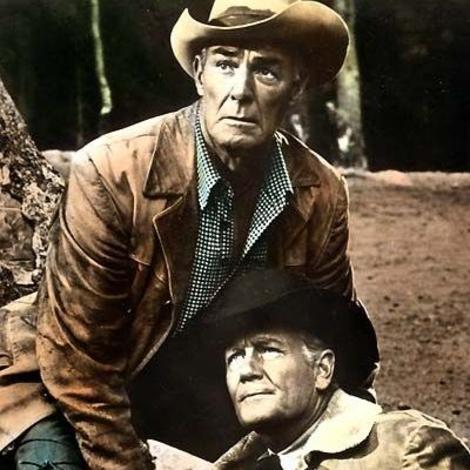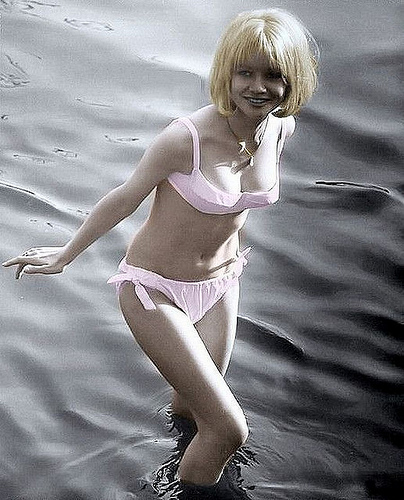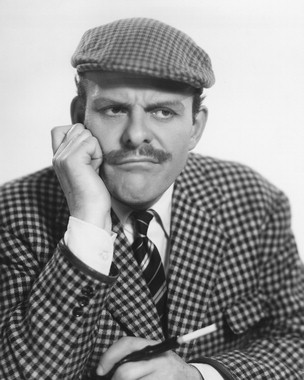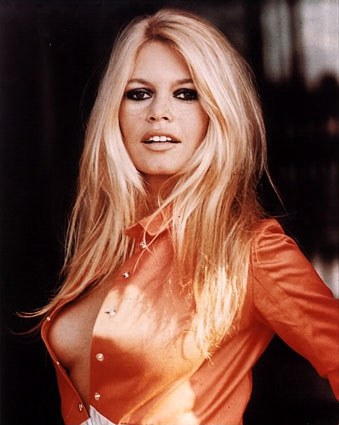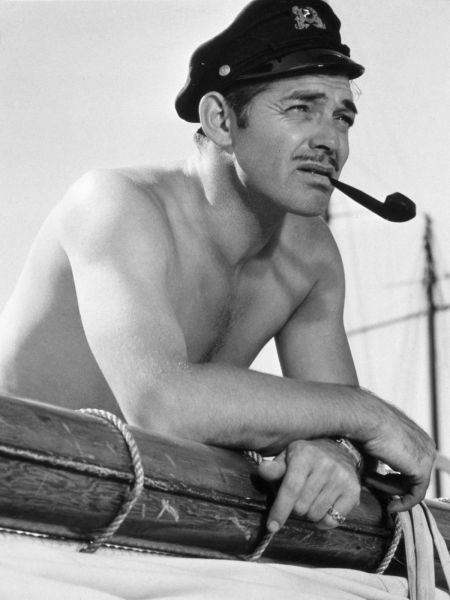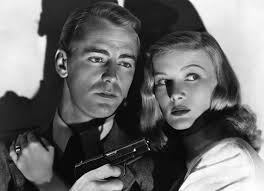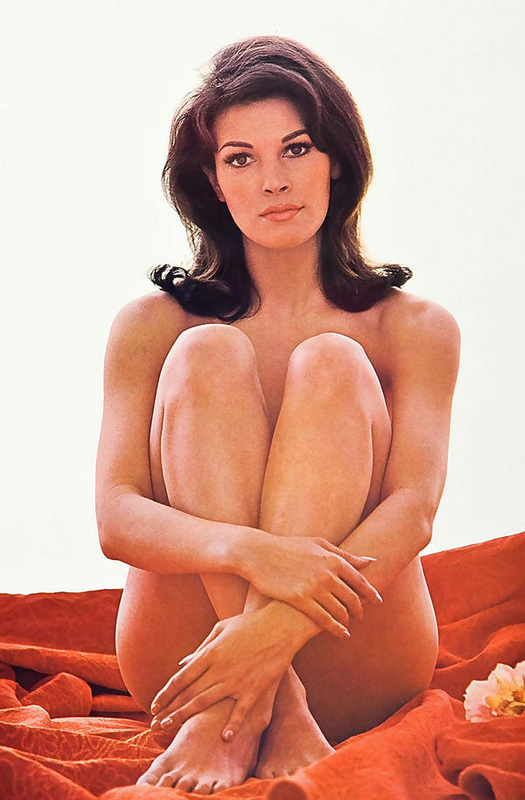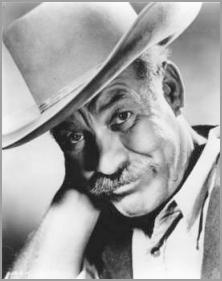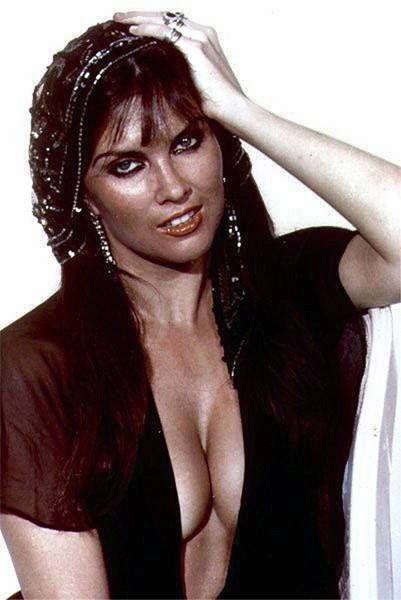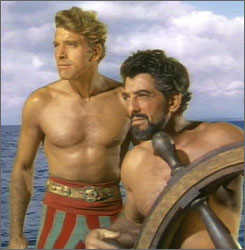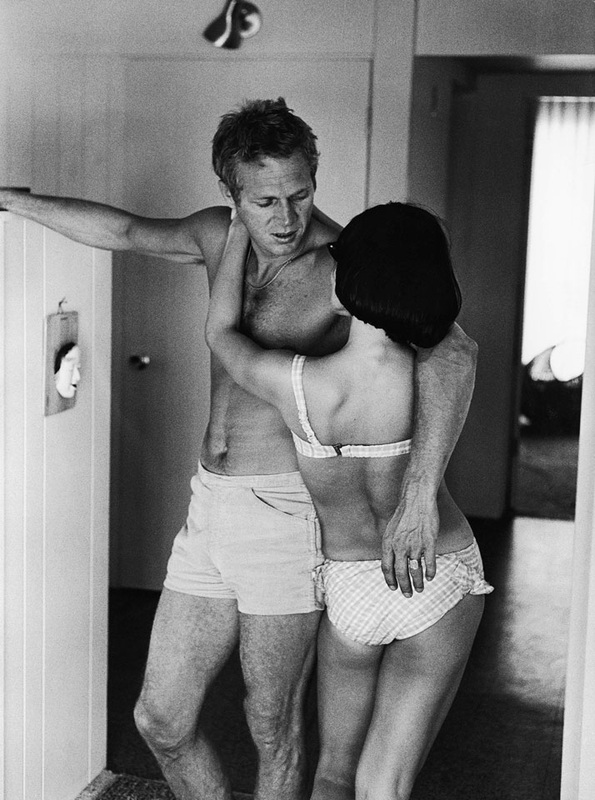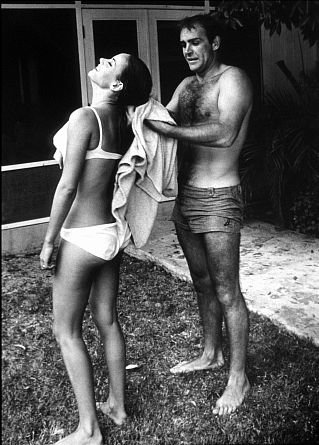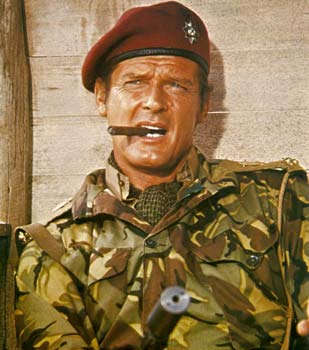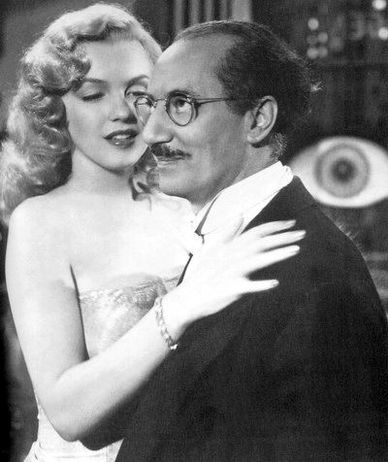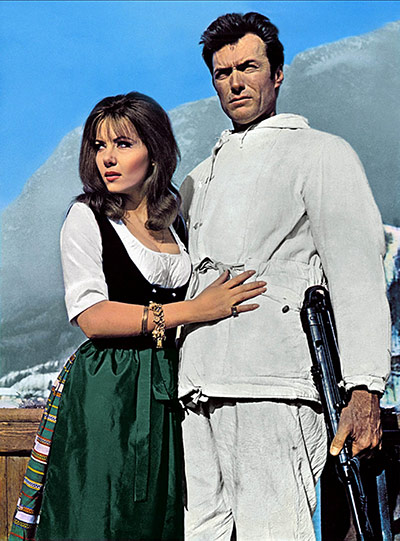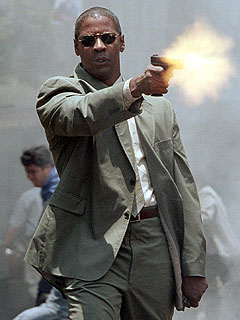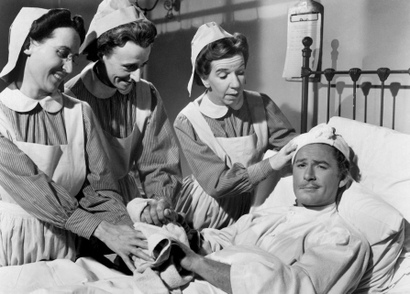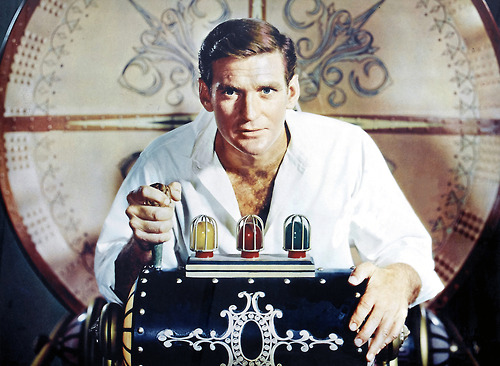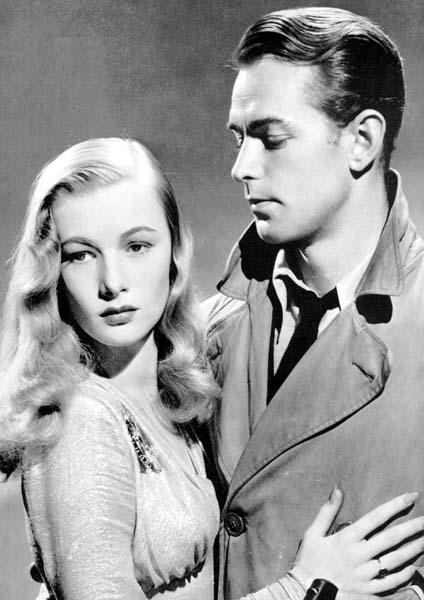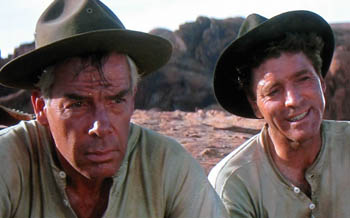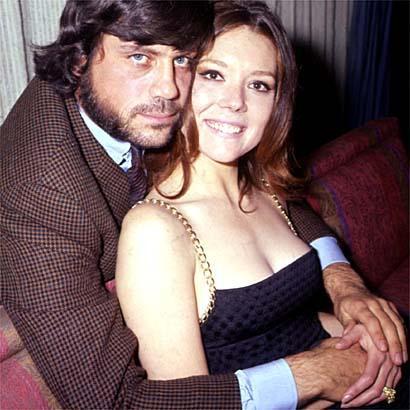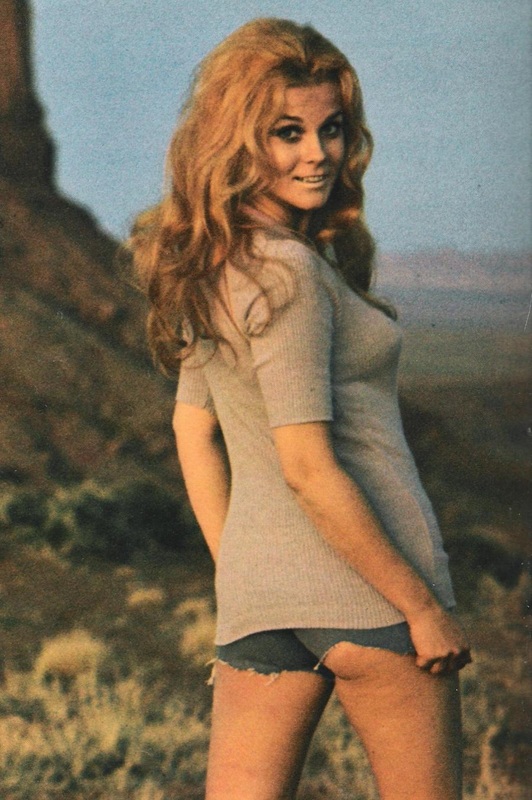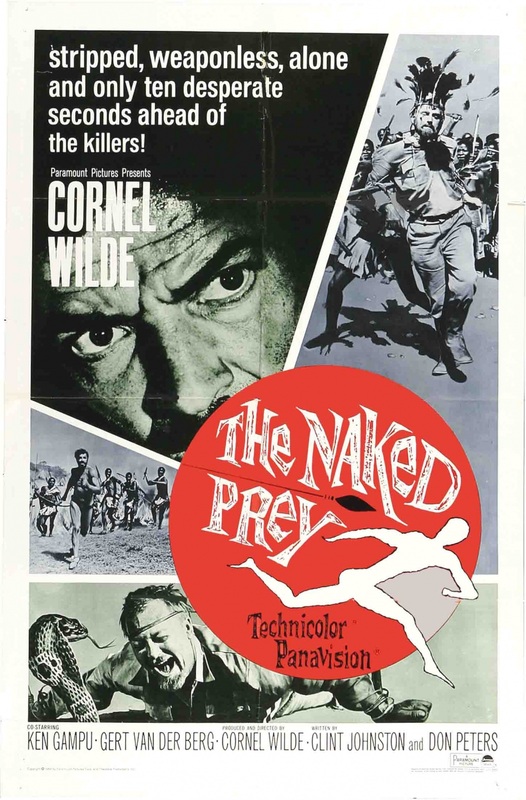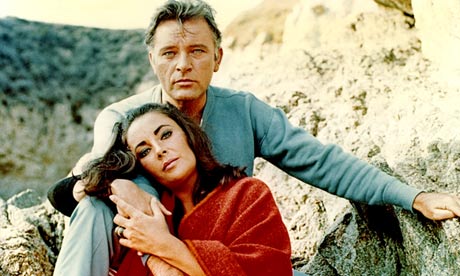|
September 15th, 2015 marked the 125th anniversary of the birth of the late, great Agatha Christie, the most famous and widely-read writer of detective stories and mysteries in the world (many reports say the most widely-read novelist of any kind, period). The web is awash with tributes, favorites lists and sundry other commemorative events...and so I thought, why not add my own humble two cents to the mix, and talk a bit about my favorite film adaptations of Christie’s work? A case could be made that the best adaptations of Christie's stories have been made for television, but this list will stick to works made for the big screen (though I can’t let the opportunity pass to plug the 12 wonderful Miss Marple telefilms made by the BBC from 1984-1992, starring the inimitable Joan Hickson as the silver-haired spinster sleuth, now available in sparkling transfers on Blu-Ray.) What nearly all the following films have in common, besides the sturdy background of Christie's justly-famous, expertly crafted and fiendishly clever plots, is a focus on witty dialogue - a skill amply displayed by the author in many of her novels, though one seldom remarked upon by her critics. 1. Death on the Nile (1978)
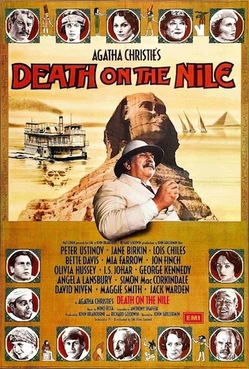 Christie’s most famous creation remains Hercule Poirot, the little Belgian sleuth with the fantastically-coiffed mustache and razor sharp “little gray cells.” Albert Finney’s portrayal in Murder on the Orient Express (we'll get to that one in a moment) is certainly the most faithful to the character as described by Christie, but I’ve always had a soft spot for Peter Ustinov’s subtly comedic, knowing take on the part. Unlike Finney, who disappeared so deep into the character under pounds of make up, hair appliances and theatrical mannerisms that he became unrecognizable, Ustinov looks nothing like the Poirot of the books and doesn’t really try to disguise that fact. The physical discrepancies hardly matter, though, as Ustinov provides buckets of entertainment value in his fastidious, smug and witty performance. The actor is clearly having a field day in the part but importantly, what he does with it feels somehow true to the spirit of the book Poirot. His is a Poirot who lurks around corners, seemingly everywhere, waiting like an eavesdropping vulture ready to pounce on a juicy morsel of gossip or confessional aside from the boatload of suspects assembled here. This is one of Christie’s most celebrated murder mysteries, as the fussy Poirot embarks on a holiday cruise along the Nile, and is called on to investigate the murder of spoiled rich girl Linnet Ridgeway (Lois Chiles). The list of suspects who had it in for the murdered woman is large, and includes such big name talent as Bette Davis, Jane Birkin, Angela Lansbury, Mia Farrow, George Kennedy, Olivia Hussey, Jack Warden, Maggie Smith, and Simon MacCorkindale. Also along for the ride is David Niven, as Col. Race of Scotland Yard, lending able assistance to the genius, yet undeniably exasperating, master detective. Ustinov and Niven have terrific chemistry together, director John Guillerman livens up the proceedings with spectacular scenery galore amid the ancient ruins of Egypt, and the mystery itself remains engaging and clever throughout the film’s long 2 hour, 20 minute runtime. Special credit must go to Anthony Shaffer’s script, which gives the roster of assembled stars plenty of juicy dialogue to chew on. 2. Murder on the Orient Express (1974) Poirot: “Ladies and gentlemen, you are all aware that a repulsive murderer has himself been repulsively, and, perhaps deservedly, murdered.” This is the movie that set off the run of star-studded Christie extravanganzas which would continue on through the 70s into the 80s. Like Death on the Nile, this is another mystery set in that staple of Golden Age Detection - the self-contained, remote environment - with scads of suspects on board the notorious Orient Express, all with good reason to want the odious Ratchett (Richard Widmark) dead. They include: Lauren Bacall, Ingrid Bergman, Jacqueline Bisset, Sean Connery, John Gielgud, Wendy Hiller, Anthony Perkins, Vanessa Redgrave, Michael York and Colin Blakely. Thirty-eight year-old Albert Finney seems an odd choice for Poirot, but, assisted by a number of tics, mannerisms and gruff, eccentric line readings, turns in a very credible performance as the famed sleuth, tasked with ferreting out a solution to a most puzzling crime. That solution remains one of Dame Agatha’s most original and ingenious, and provides an emotionally satisfying payoff to this lavishly-produced film. Sydney Lumet directs from a script by Paul Dehn; the screenplay may not be as full of catty, waspish dialog as Nile, but it’s a very fine thing in its own right, and does an outstanding job unraveling all the meticulously laid out plot strands in a clear, entertaining fashion. 3. Witness for the Prosecution (1957)
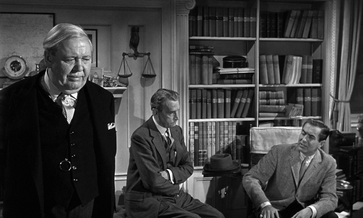 In the early 50s, Christie adapted her 1925 short story into a very successful stage play; in director and co-scriptwriter Billy Wilder’s hands, it became one of the best courtroom dramas you're ever likely to see. When handsome Yank Leonard Vole (Tyrone Power) is accused of seducing and murdering an older, wealthy widow, he is defended by famed, curmudgeonly barrister Sir Wilfred Robarts (Charles Laughton). While the plot is typically nimble, and has a few good twists up its sleeve, what really makes the movie sing is the interaction between the characters, and the finely-tuned performances that bring those characters to life. Power trades on his fading but still potent good looks to great effect as the twitchy Vole. Marlene Dietrich is likewise given several notes to play as Vole’s seemingly cold fish German wife, and Elsa Lanchester, Laughton’s real life wife, is a hoot as the strict nurse who is determined to keep Sir Wilfrid (who has just returned to active duty after a minor heart attack) on a tight leash, and away from his gentlemanly vices. The interplay between the two veteran, husband-and-wife thespians is just wonderful. Other Hollywood Brits in important roles include Torin Thatcher as the Crown prosecutor, John Williams, Una O’Connor, Ian Wolfe, Henry Daniell and Ruta Lee. But once again it is Christie’s main sleuth, Sir Wilfrid, who carries the heaviest weight (no pun intended), and Laughton gives one of the finest performances of his storied career as the grumpy, sly and quick-witted barrister. The film is an utter delight, and looks great in sleek black and white, with Wilder providing enough “opening up” of the action to sidestep that stage bound feel that dogs similar play-to-movie adaptations. 4. Evil Under the Sun (1982)
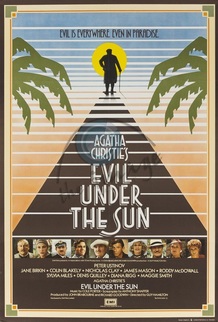 Peter Ustinov returns as Hercule Poirot, this time vacationing in a beautiful yet financially-struggling resort on the Adriatic, where foul play once more rears its ugly head. Virile young Patrick Redfern (Nicholas Clay) begins a torrid affair with rich bitch actress Arlena Marshall (Diana Rigg), while his mousy wife Christine (Jane Birkin) stands morosely by. When the actress’ body is found strangled on a nearby beach, it’s up to the Belgian master detective to catch the devious culprit. The script, again by Anthony Shaffer, is, if anything, cattier and funnier than its predecessor, Death on the Nile, and the game cast (including James Mason, Roddy McDowell, Maggie Smith (again), Colin Blakely (again), Dennis Quilley (also again) and Sylvia Miles) has a ball delivering the acidic dialogue. The mystery is just as tricksy as one could hope from Dame Agatha…the only drawback, really, is just how similar the plot is to that of Nile. Christie, of course, was not above cribbing from herself in general outline, but there are enough cosmetic changes here, in character and method of crime, to keep things interesting, and the gorgeous locations and sumptuous production values don’t hurt, either. Ustinov’s Poirot really gets under the skin of the other suspects; the actor dials up the character's inherent pomposity and smugness, while maintaining his innate righteousness and sense of justice. Ultimately, it’s enjoyable to watch this seemingly comical "foreigner" take these xenophobic upper class British snobs down a peg or two by story's end. The cyclical nature of the villainy Poirot unmasks here is truly heinous in nature, and it's clear that the "meddling little foreigner" has done the world a great service by ridding it of this evil, though the only real thanks he receives for his trouble is a hard smack on the schnoz. 5. Ten Little Indians (1965) 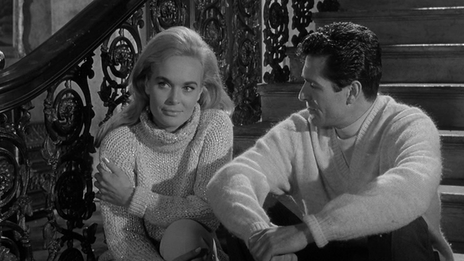 The second big-screen version of what is easily Christie’s most adapted work, Ten Little Indians is a slick, sneaky thriller. The earlier Rene Clair version from 1945, And Then There Were None, is preferred by most critics (it is awfully good), but this is the first version of the story I ever saw, and so holds a special place in my heart. Both of these versions use the alternate, less grim ending from Christie’s stage play, rather than the bleak ending that closes the original novel, which might disappoint purists, but for me works in the films' favor. The set-up is classic: ten strangers are invited to, yes, a remote location (here, a mountaintop lodge), where they find themselves cut off from rescue, trapped by a sadistic mastermind and slowly bumped off, one by one, in ways similar to the old nursery rhyme of the title. The gimmick here is that the murderer is not an outsider, but one of the trapped party – but which one? Each person is apparently guilty of some form of murder or wrongful death themselves, thus the killer’s motive is to mete out his or her own form of crude justice. This being the swinging 60s, a number of changes are introduced, such as re-jiggering the backgrounds of miscellaneous characters, plus adding a few elements not usually associated with Christie: healthy doses of sex appeal (embodied chiefly by the ravishing Shirley Eaton, who once again shows off her hot bod in tight sweaters and black lingerie) and action (courtesy of rugged American leading man, Hugh O’Brian). The rest of the cast of victims is an eclectic but effective bunch: Wilfrid Hyde-White, Dennis Pryce, Daliah Lavi, Stanley Holloway, Leo Genn, Fabian and (as the voice of the mysterious benefactor who supposedly arranged for their deadly stay, Christopher Lee). A handful of later versions were made for film and TV (including a Russian one which apparently adheres to the original downbeat ending), but this one remains my favorite. Honorable Mention: The Mirror Crack'd (1980) 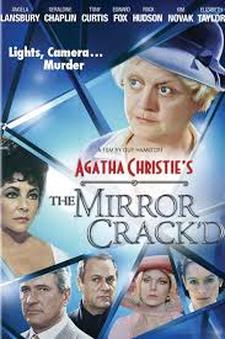 Yet another hefty production featuring an A-list cast, also directed (like Evil Under the Sun) by veteran Bond helmer Guy Hamilton. At 55 and a few years before finding renewed fame on TV's Murder, She Wrote, Angela Lansbury is too young for the part of Jane Marple, and frankly, she just doesn't quite work (to be fair, in my opinion, no one besides the irreplaceable Joan Hickson, with her implacable blue eyes, has ever quite nailed the part). Lansbury gives it the old college try, I suppose, but her casting remains the main debit to what is otherwise an engrossing take on one of Christie’s more tragic mystery novels. When legendary Hollywood actress Marina Rudd (Elizabeth Taylor) moves into the small English village of St. Mary’s Mead with her director husband, Jason (Rock Hudson), the gossip flies fast and thick. The emotionally fragile Marina is poised for a comeback in a movie that her husband is set to direct, but the production is put on hold when, at a reception for the local villagers to meet and greet the stars, one of Marina’s fans is poisoned to death. Was the poison meant for her, or is something more twisted afoot? Miss Marple, with the help of her nephew and leg man, Inspector Craddock (Edward Fox), soon get to the bottom of the case. Jonathan Hales and Barry Sandler do a fine job with the script, which pokes gleeful, canny fun at the backstage antics and backstabbing among the visiting Hollywood elite - all the while never losing sight of the tragic backstory which dictates the killer’s actions. Buoyed by the star wattage of Taylor, Hudson, as well as Tony Curtis, Kim Novak and Geraldine Chaplin, this is an effective psychological mystery that builds to an emotionally moving, yet subdued climax. It's just a pity that they couldn’t have found somebody better suited to play Miss Marple than Ms. Lansbury... Other Christie adaptations include the four Margaret Rutherford Miss Marple films: Murder, She Said (1961), Murder at the Gallop (1963), Murder Most Foul and Murder Ahoy! (both 1964) - jolly good fun, I say, wot wot, but bearing precious little resemblance to the source material. Ditto The Alphabet Murders (1965), with Tony Randall, of all people, taking a comical stab at Poirot. Much less entertaining is the drab Ordeal By Innocence (1984), with Donald Sutherland. Endless Night (1972) is purported to be much better, and at least features an acceptably British cast, but remains one I have yet to see.
15 Comments
|
Videophilia!
Opinionated ramblings about new and old movies (mostly old, as that's the way I like 'em!) Blogs of Note
Stuart Galbraith IV's World Cinema Paradise
Movie Morlocks (TCM's Classic Movie Blog) 50 Westerns from the 50s Riding the High Country Sweet Freedom Tipping My Fedora Thrilling Days of Yesteryear Silver Screenings Laura's Miscellaneous Musings Classic TV and Film Cafe Just a Cineast She Blogged By Night Chess, Comics, Crosswords, Books, Music, Cinema Out of the Past - A Classic Film Blog Pretty Sinister Books They Don't Make 'Em Like They Used To In So Many Words... Greenbriar Picture Shows Flix Chatter My Love of Old Hollywood Tales of the Easily Distracted Another Old Movie Blog Lasso the Movies Kevin's Movie Corner Films From Beyond the Time Barrier Carole & Co. Rupert Pupkin Speaks Caftan Woman Vienna's Classic Hollywood The Lady Eve's Reel Life ClassicBecky's Brain Food Hey!
Be sure to subscribe to the RSS feed below, to be informed of new postings! Categories
All
Archives
September 2015
|
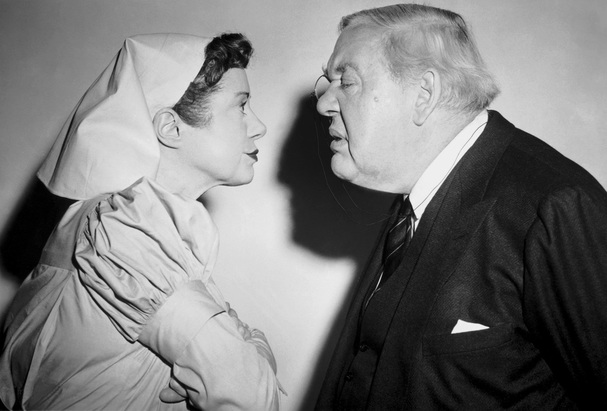
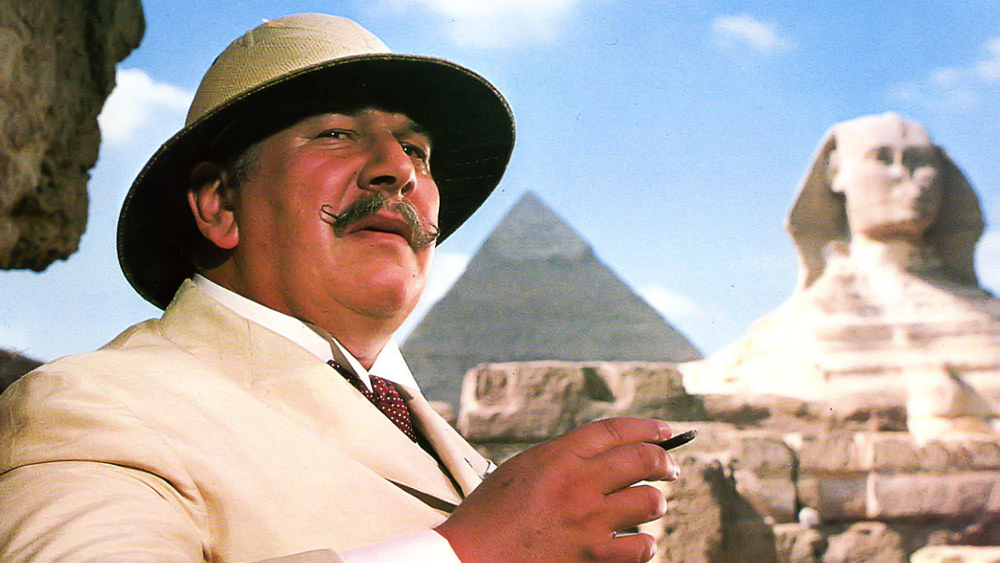
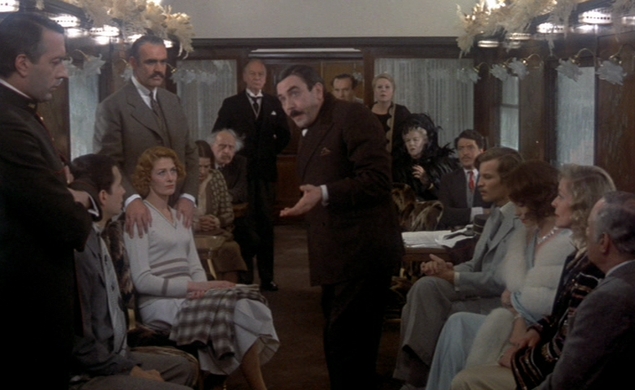
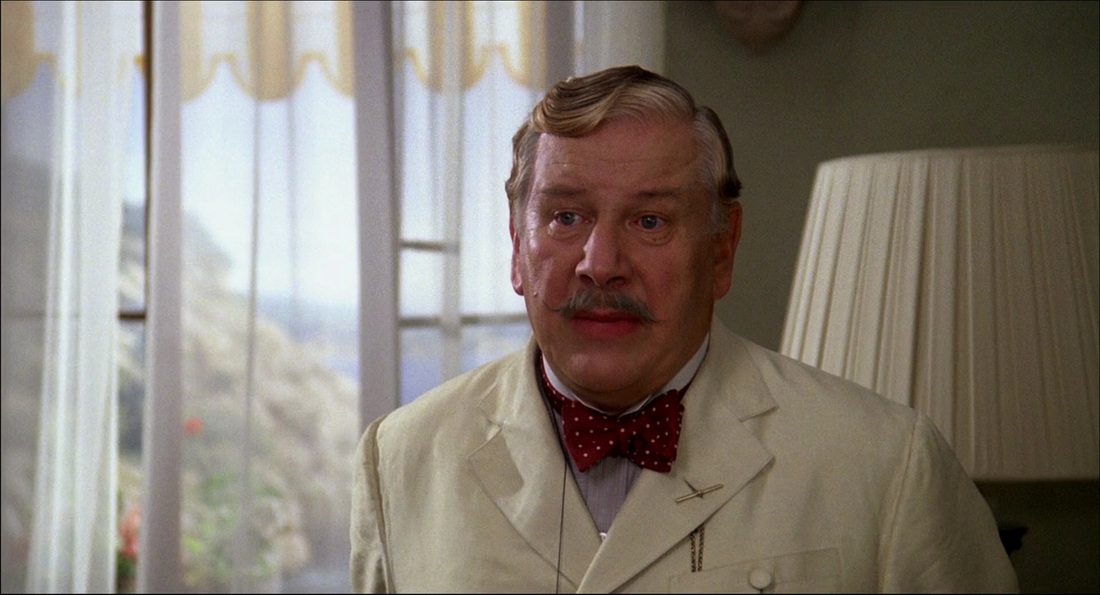
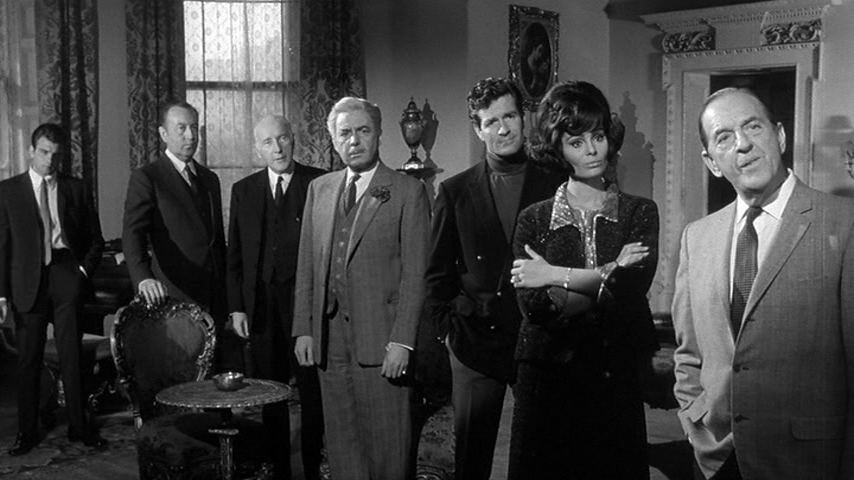
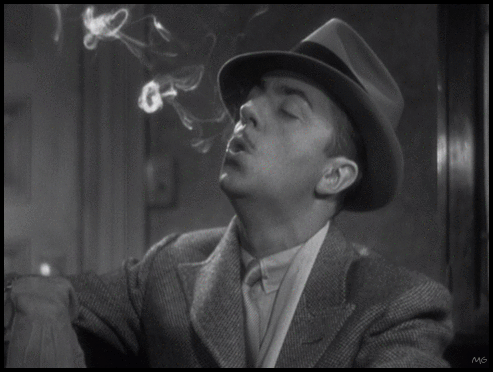
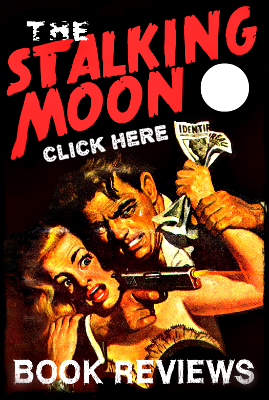
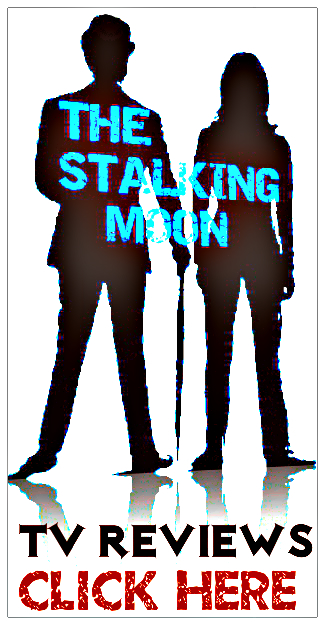
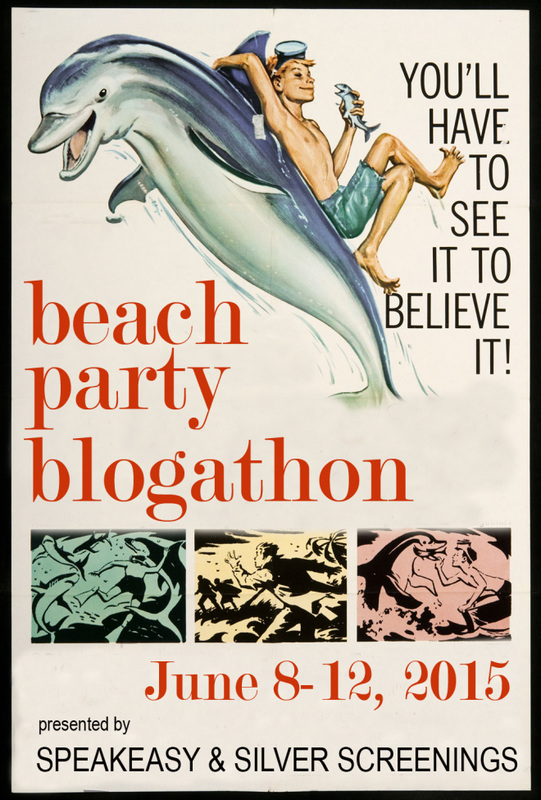
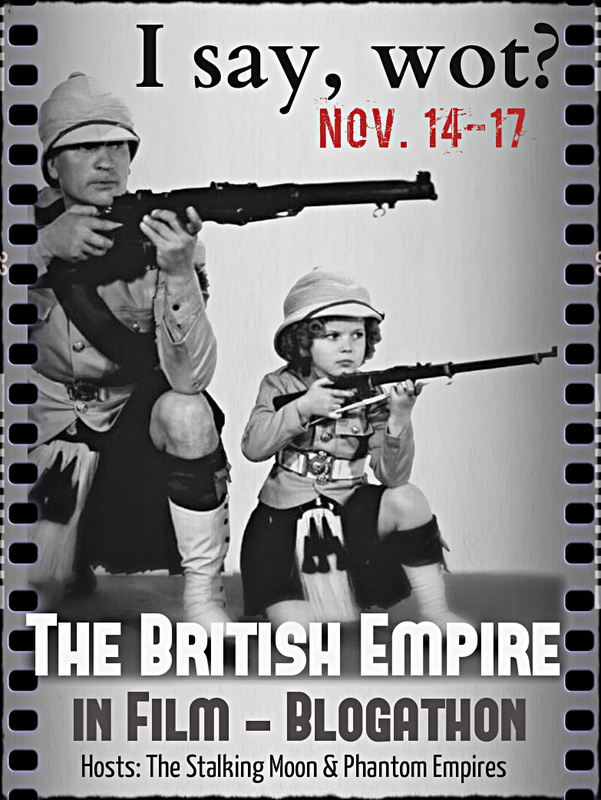
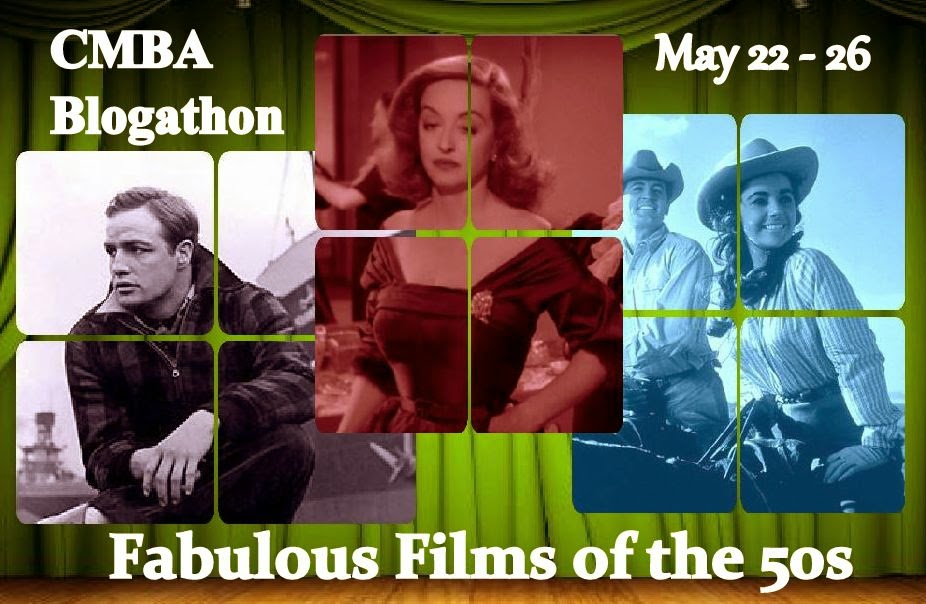
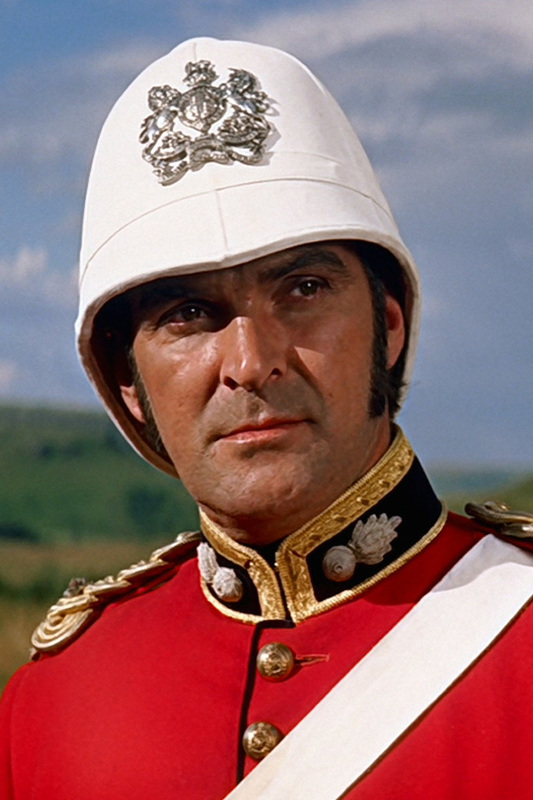
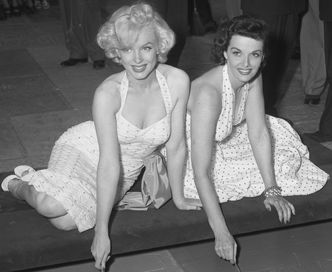
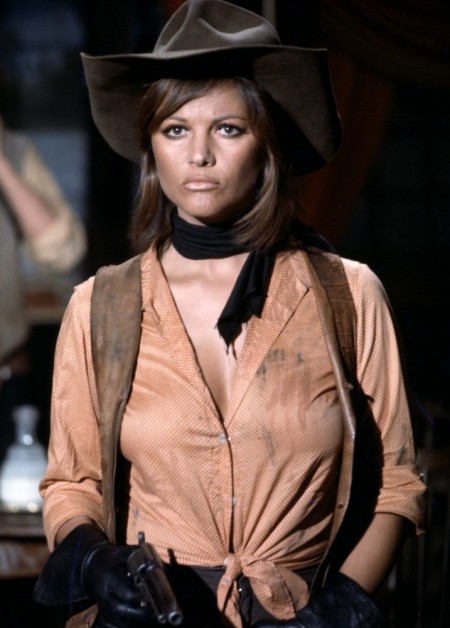
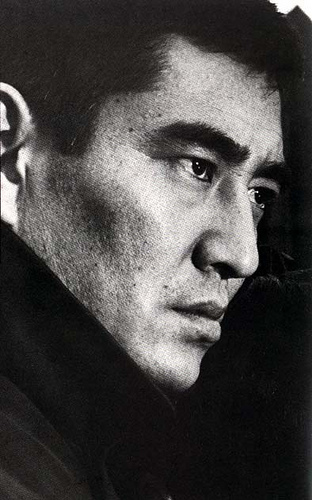
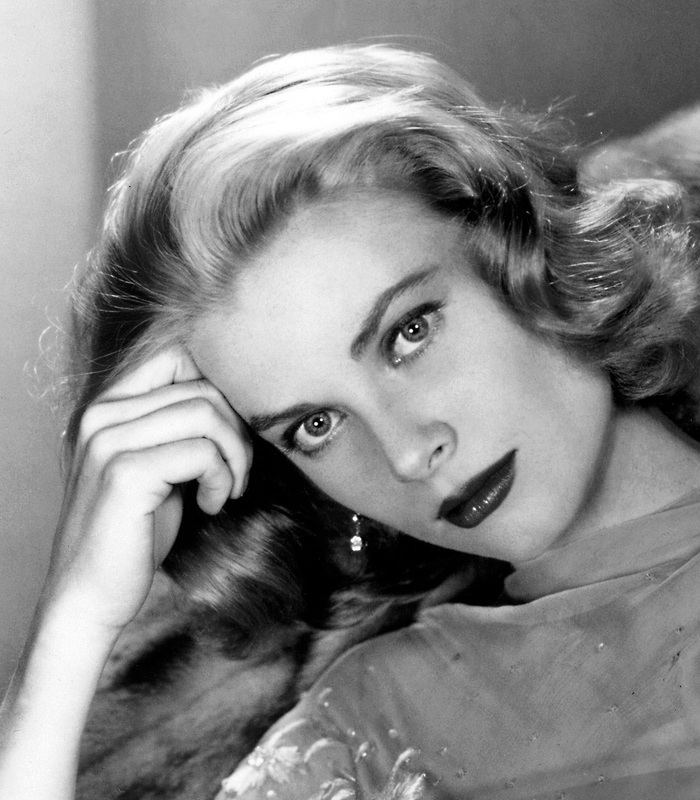
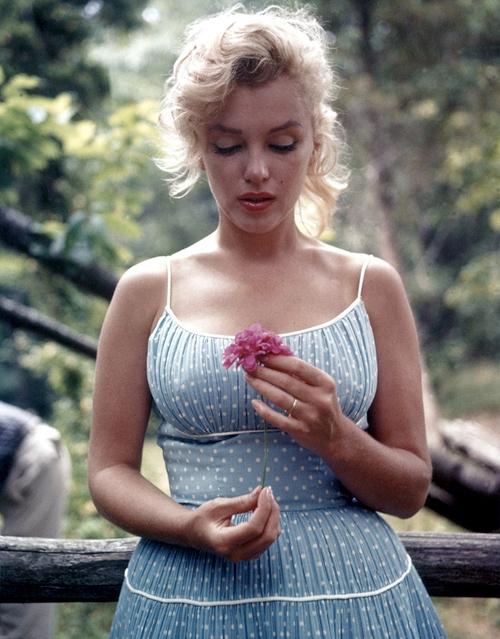
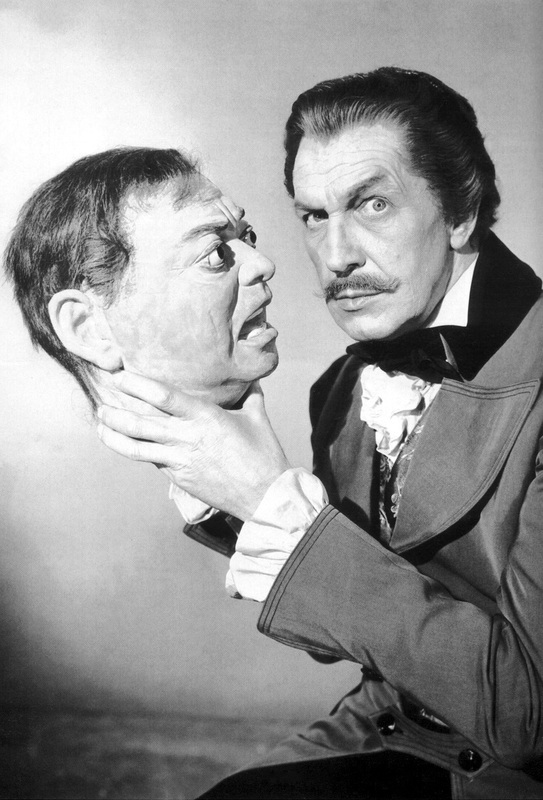
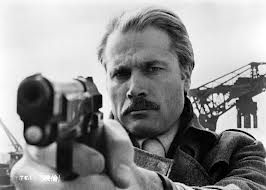
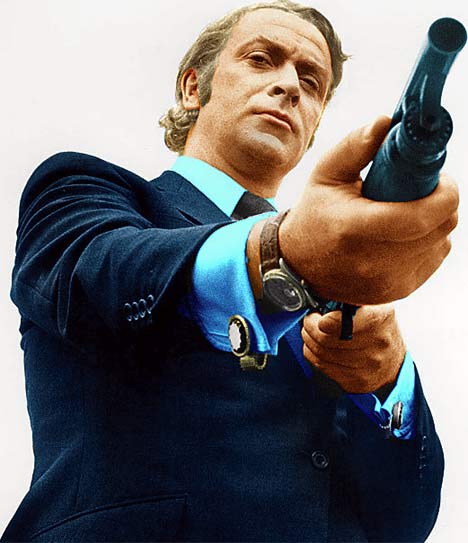
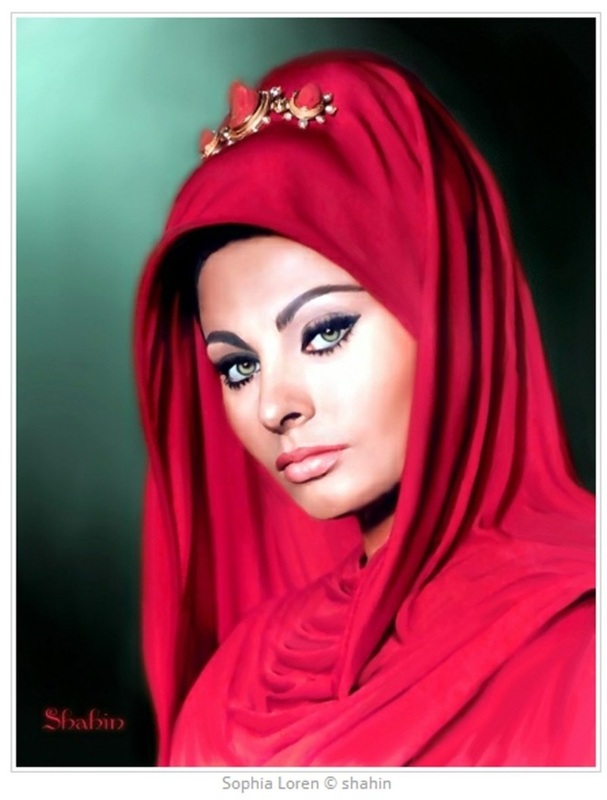
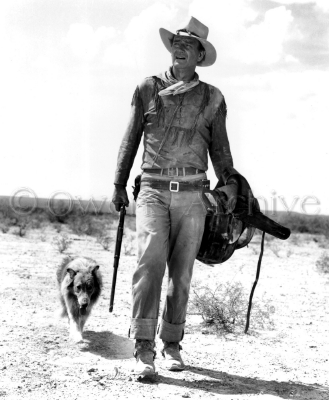
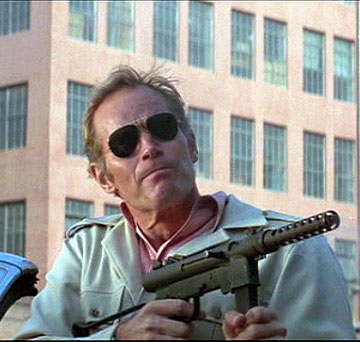
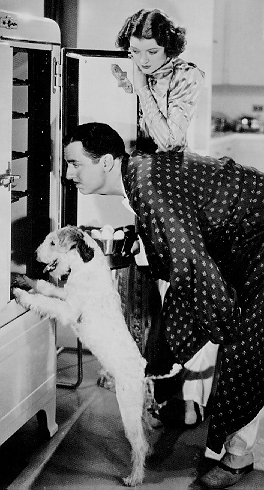
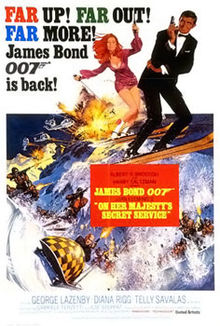
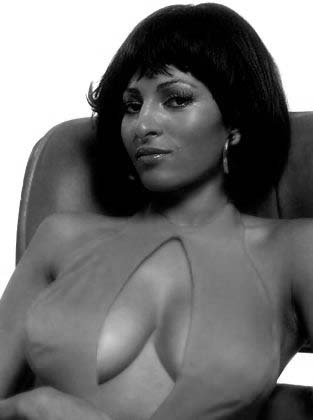
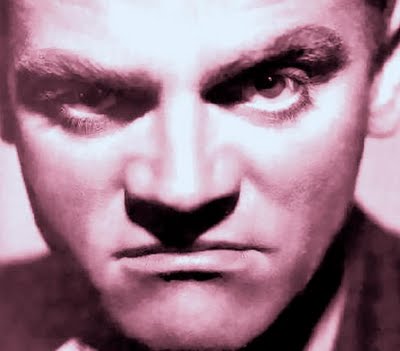
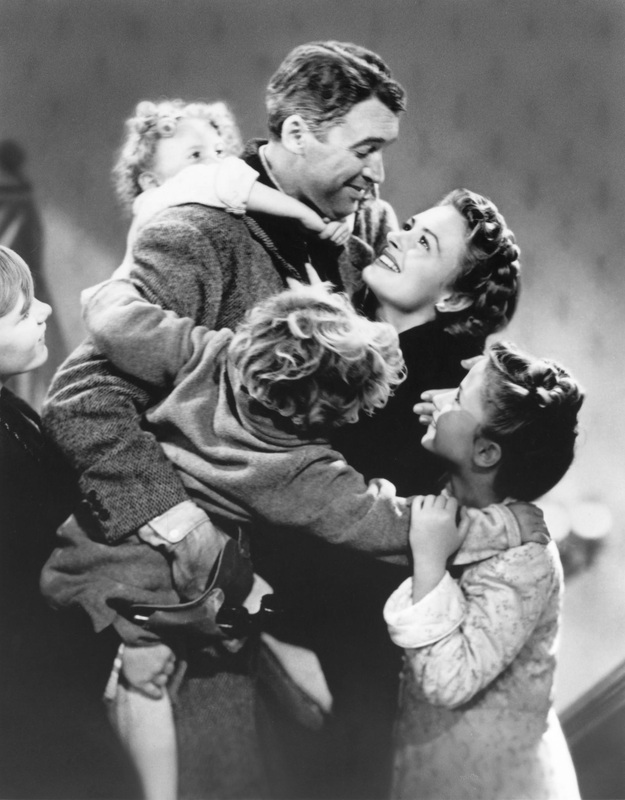
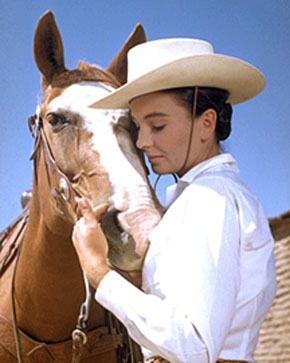
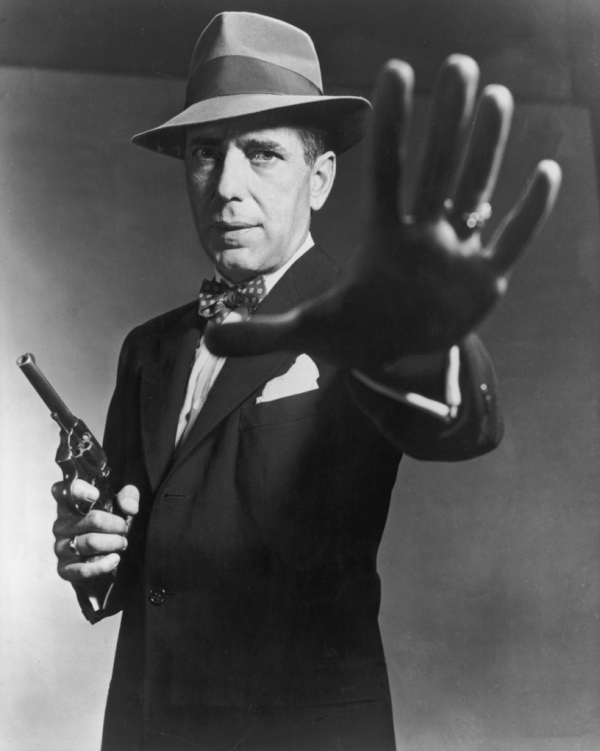
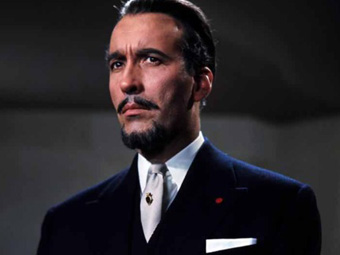
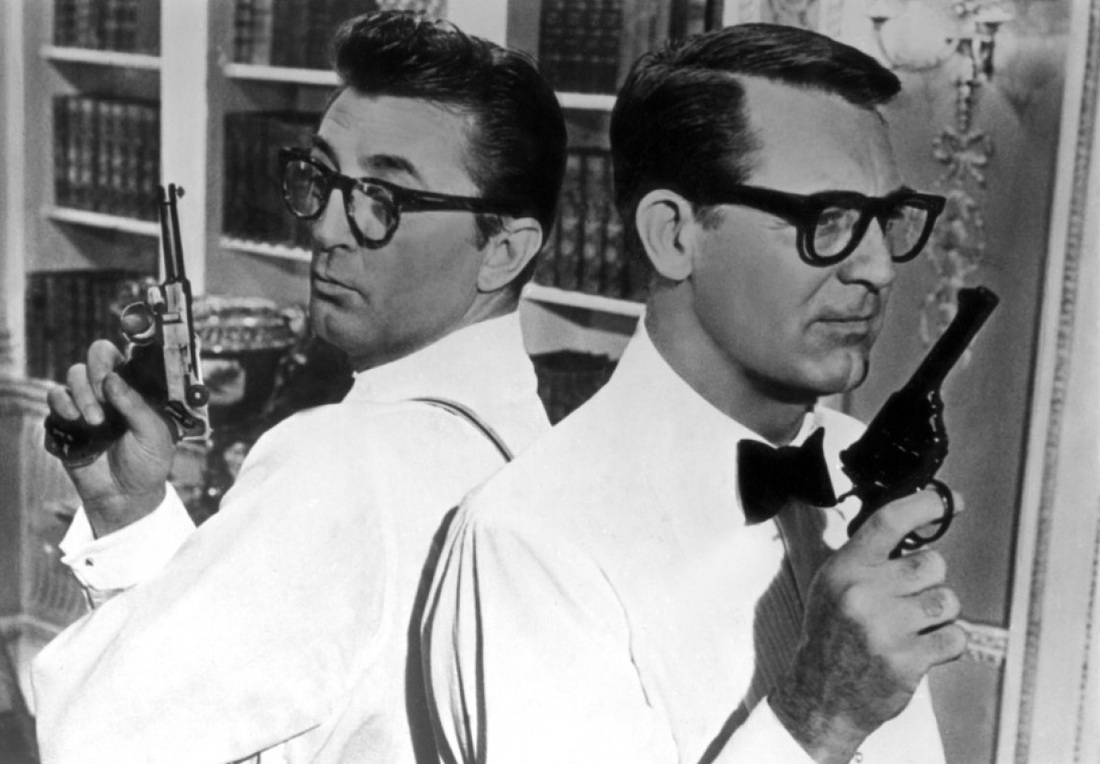
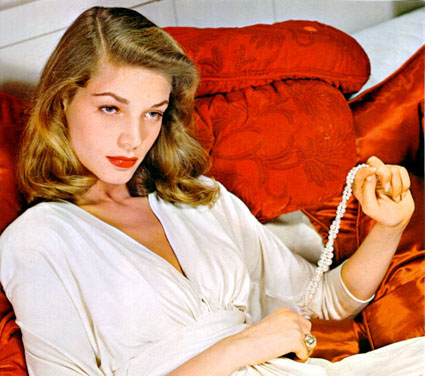
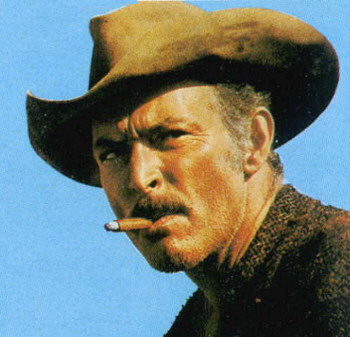
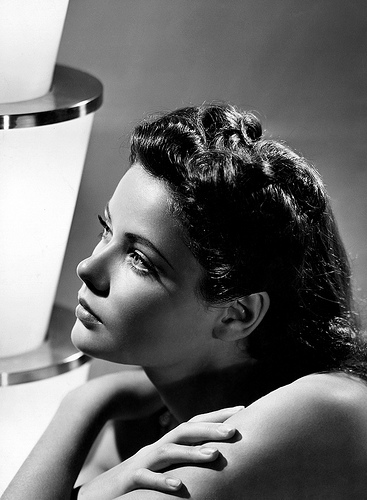
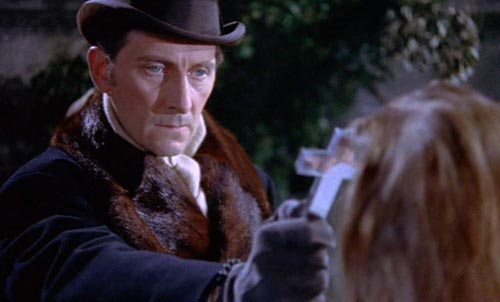
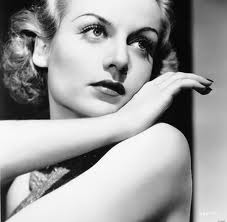
 RSS Feed
RSS Feed
